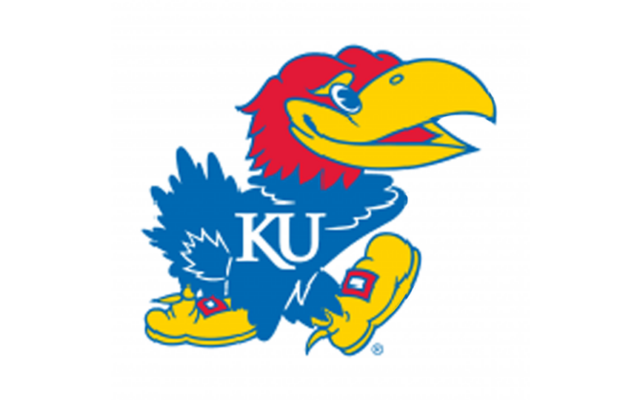Policy Choice On KPERS Not About Now, It’s About Later, Says Education Advocate

The Governor’s KPERS reamortization proposal was heard in committee in the Kansas Legislature Wednesday. Refinancing the state’s pension obligation is a policy choice that legislators have to determine, but it’s not about now, it’s about later.
“While KPERS is certainly an educational cost, part of a system, part of a benefit that keeps people in the profession, if we increase funding in a given year because we’re trying to address the unfunded liability, that’s important to the long-term stability of the system, but that additional cost will not do anything right now to make the learning environment better for students,” said Mark Tallman with the Kansas Association of School Boards.
It is important to fund state employee pensions, but no one has argued that there is a Constitutional obligation to that like there is to the day-to-day school funding under the Kansas Constitution’s Article VI.
“The major reason that the Court has said the Legislature is not making suitable provision for finance, which is what the article says, they have never said the problem is a certain amount of money, per se,” said Tallman. “What they’ve said is, the result among our students is not what it needs to be, particularly among student groups and that funding is a part of it.”
Governor Kelly wanted to draw attention to the issue, and she’s certainly done that.
“That KPERS cost is getting very high, it’s scheduled to keep going up and with limited resources,” said Tallman. “Our primary focus is schools, but there are many other needs across the state budget. Of course, there’s a lot of people arguing for tax cuts, for tax adjustments.”
Whether that’s reducing corporate or individual income tax rates by decoupling the federal and state tax code or looking at lowering the food sales tax, either way, it would be less money coming in for the state and less to be spent overall if adjustments were passed and signed into law.


